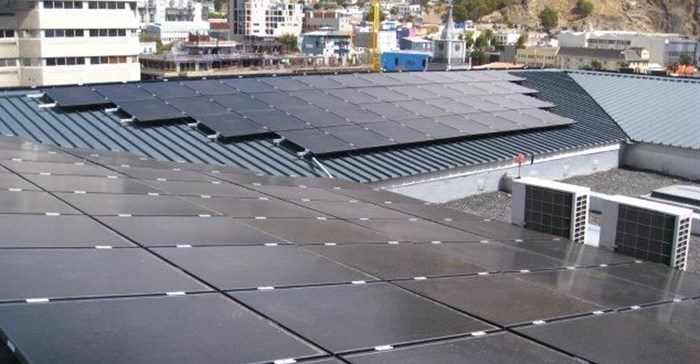
Related
Top stories




Marketing & MediaAds are coming to AI. Does that really have to be such a bad thing?
Ilayaraja Subramanian 22 hours


More news
















Although the city only plans to procure 300MW of renewable energy in three to five years’ time, the implications of the announcement will immediately have a major positive impact on its economy. Cape Town has already compiled a mini integrated resource plan (IRP), indicating that a longer-term plan for greater self-reliance is on the cards.
Independent energy sources contribute to increased energy security. Cape Town’s Steenbras Dam pumped storage scheme, combined with rooftop solar plants, already play a significant role in reducing the severity of load shedding in the city.
“Areas supplied by the city in this fashion are likely to become business hubs. Another factor to take into consideration is that Eskom tariffs have tripled over the last decade, with future price uncertainty a potential deterrent to investment. Power purchased from IPPs automatically comes with price certainty, while wind and solar power is already cheaper than the cost of Eskom electricity," says Werner Schneeberger, executive at Aecom.
This will allow Cape Town to shape the power curve by setting tariffs for both producers and users. Power could be more expensive when production is low and usage is high, such as during the evening peak. It could be cheaper when production is high and usage is low, such as over a sunny weekend when factories are closed but solar power can still be generated. “Such a scenario is dependent on future pricing structure decisions. This will drive investment in smart grid control solutions and storage, and gas peaking plants, as well as allowing more renewables in the energy mix,” says Brian Homann, renewables lead, Aecom.
Businesses also need clean energy to meet their sustainability targets in terms of greenhouse gas (GHG) emissions. As Cape Town’s electricity grid becomes cleaner and increasingly powered by wind and solar energy, forward-looking businesses will want to be supplied by the city. This is because transport is a major GHG contributor, with companies increasingly opting for electric vehicles (EVs). A cleaner grid will increase the uptake of EVs in Cape Town, leading to reduced emissions, a cleaner and healthier city and ultimately, a more attractive place for business.
Furthermore, any reduction of energy demand on the national grid on the part of major cities theoretically has the potential for Eskom to focus on economic development or rekindling the country’s industrial capacity, thus stimulating much-needed growth.